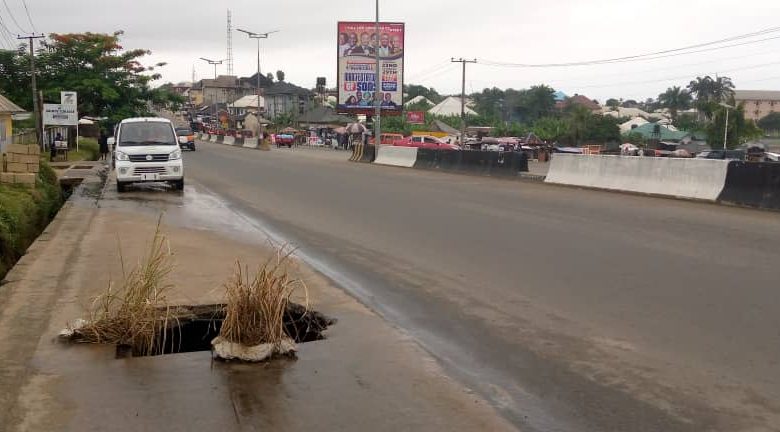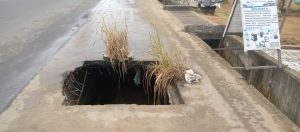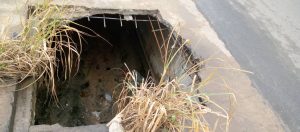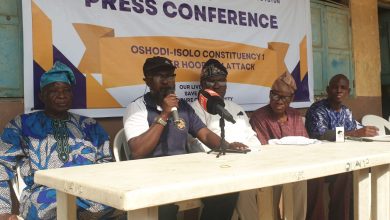Potholes and Open Drains: The Hidden Hazards for Visually Impaired in Akwa Ibom
By Mercy Obot

Akwa Ibom State is often admired for its network of good roads, proudly described as “a land flowing with milk and honey.” But for those who navigate its streets without sight, the question is different: Do they feel safe walking through some of the bustling urban streets?
To most, Akwa Ibom’s beauty lies in its clean roads and neat landscape. But for the visually impaired, beauty is measured in safety, friendliness, and accessibility.
Daily Struggles and Near Misses
To uncover the reality, Crystal Express Newspaper spoke with members of the visually impaired community living in the city. Ubong Udo, a media practitioner and former Public Relations Officer of the National Association of the Blind, recalled an incident where his friend nearly fell into an open drainage channel near the state secretariat during construction.

Uduak Bassey, former head boy at the Ministry of Education’s Special Education Centre for Children with Special Needs, Mbiaobong Etoi, recounted how he often falls at the entrance of the school gate because of the rocky roads. “My classmates also fell often due to their visual disability,” he added. The former head girl also shared her plight, describing how the school entrance remains a daily challenge to navigate.
Related: The Untold Hardship Of Children With Disabilities Over GRESP’s Non-Implementation in Akwa Ibom
Hazards That Threaten Safety and Independence
These accounts reveal a deeper truth: In Akwa Ibom State, potholes and uncovered drainage channels are not just blemishes on the landscape, they are persistent hazards that threaten the safety and independence of visually impaired residents.

Despite its reputation for good road networks, many of Akwa Ibom’s streets are marred by potholes, open drainage channels, and uneven, rocky terrain. These hazards heighten the risk of tripping, falling, and sustaining of injuries. On poorly lit streets, potholes become even more dangerous, while open drainage channels pose a deadly risk during heavy rainfall, when they are hidden from view. In extreme cases, visually impaired individuals can be swept away, with the risk of losing their lives.
Beyond physical dangers, unsafe streets also create mobility challenges, limiting access to public spaces, reducing social interaction, and affecting economic participation. The fear and anxiety caused by these risks further undermine independence.

Urgent Action for Inclusiveness In Public Space in Akwa Ibom
To address these challenges and make public space inclusive for Persons Living with disabilities, there are need for Akwa Ibom State government and local authorities to take urgent action, beginning with repairing potholes along pedestrian routes and covering or clearly marking open drainage channels. They should also install tactile ground markers and audible crossings in key areas, while also involving disability advocates actively in infrastructure planning and accessibility assessments.
True beauty in Akwa Ibom should be more than visual; it should be safe, accommodating, and equitable for all.




